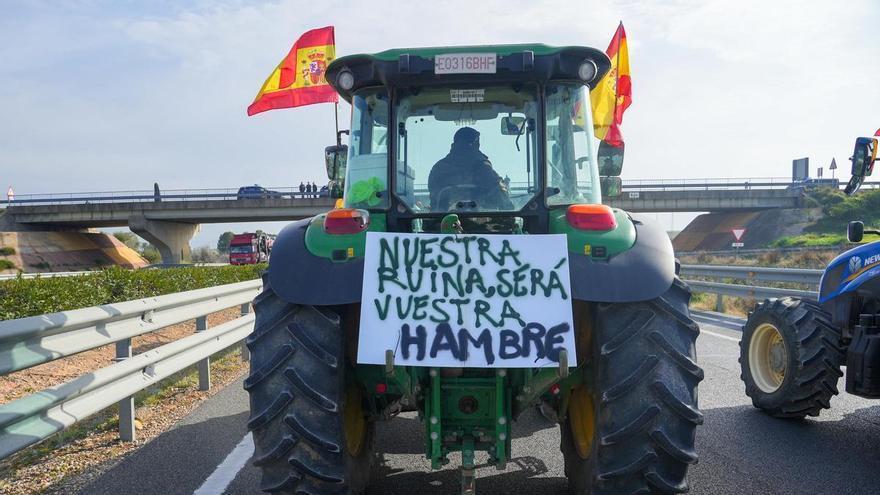
The Canary farming sector has set its schedule of mobilizations. As previously announced, farmers will take to the streets once the carnival is over. In Gran Canaria, it will be on Wednesday, 21st February and in Tenerife, on Saturday, 24th. The associations will deliver the itinerary to the Government Sub-delegation today. The only thing pending is the date of the protests in La Palma, although they are initially scheduled for Tuesday, 20th February.
“We are going to mobilise bus fleets to bring people to the capitals, and producers from nearby municipalities will bring tractors and trucks,” explained the Secretary-General of the Canary Farmers and Livestock Association (Asaga), Theo Hernando, who assured that there would be about 50 vehicles in each capital. As for the number of people, it is still “early” to give a figure. “We hope they are in the thousands,” added Hernando. The protests will also be joined by livestock farmers with their animals.
From Presidency to Delegation
[–>
The protests will start at 11:00 a.m. in both Las Palmas de Gran Canaria and Santa Cruz de Tenerife. In the capital of Gran Canaria, farmers will initiate the protests at the Office of the President and will conclude with a reading of a manifesto in Plaza de la Feria, in front of the Government Delegation building. In Tenerife, the exact route is yet to be defined, but Hernando anticipates that it will also be in the city centre, and the reading of the demands “will be at the Nuestra Señora de África Market”.
The farmers will complete the mobilizations by handing out fruit to the citizens who join. “We don’t want to bother the citizens by paralysing traffic. We will block some streets, but we are peaceful,” clarifies the Secretary-General of Asaga.
The protests by Canarian farmers will take place as part of the wave of indignation in the European primary sector arising from changes in agricultural policies regulating imports from non-EU countries, a fact that leads them to compete on unequal terms and exposes them to the possible entry of pests and diseases from third countries.
















